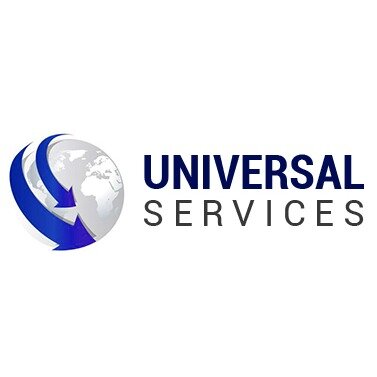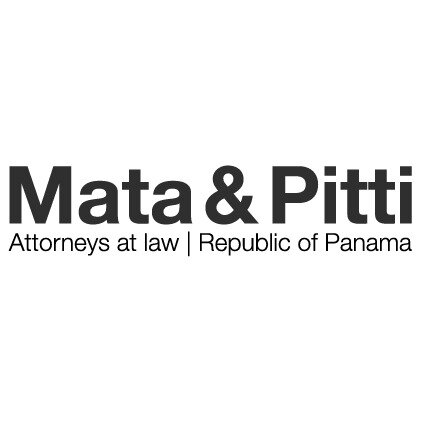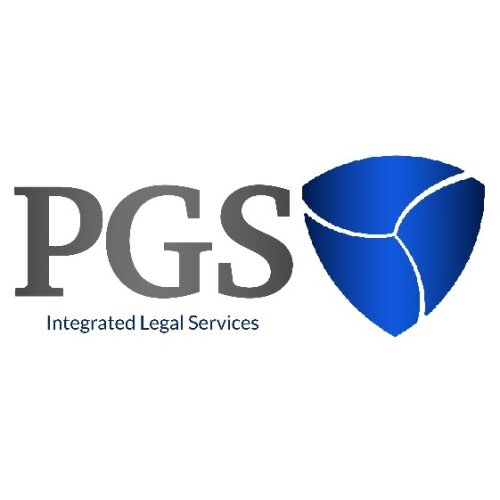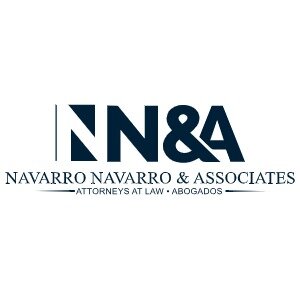Best Funds & Asset Management Lawyers in Panama
Share your needs with us, get contacted by law firms.
Free. Takes 2 min.
Or refine your search by selecting a city:
List of the best lawyers in Panama
About Funds & Asset Management Law in Panama
Funds and asset management in Panama operate within a robust legal framework designed to support both local and international investors. Panama is a recognized hub for financial services in Latin America, providing an attractive environment for the creation, administration, and regulation of investment funds. The country blends modern regulations, political stability, and a strategic geographic location, making it a preferred destination for investment managers and fund promoters seeking to establish funds or manage assets efficiently and securely.
Why You May Need a Lawyer
Legal guidance is often crucial when engaging in funds and asset management activities in Panama. A lawyer specializing in this field can help in several common scenarios:
- Setting up investment funds, either public or private
- Navigating regulatory compliance with the Superintendence of the Securities Market (SMV)
- Structuring and administering collective investment schemes
- Drafting and reviewing fund bylaws or prospectuses
- Ensuring tax-efficient fund structures that comply with local and international regulations
- Handling cross-border investments or international asset flows
- Resolving disputes involving fund managers, investors, or service providers
- Assisting with mergers, acquisitions, or liquidations involving fund assets
- Advising on anti-money laundering (AML) and Know Your Customer (KYC) requirements
- Guiding through licensing and registration processes for fund managers or custodians
Local Laws Overview
Funds and asset management activities in Panama are primarily governed by the Securities Law (Law No. 67 of 2011) and are overseen by the Superintendence of the Securities Market (SMV). The legal framework addresses the creation and operation of mutual funds, investment companies, and asset management firms. Key aspects include:
- Mandatory registration of funds or investment companies with the SMV, unless exceptions apply
- Licensing requirements for fund managers and asset administrators
- Strict compliance with AML and KYC regulations to ensure transparency and prevent illicit activities
- Periodic financial and compliance reporting to the regulatory authorities
- Fiduciary duties by managers and custodians to act in the best interest of investors
- Provisions for both public (retail) and private (qualified investor) funds
- Recognition of various fund structures, such as open-end and closed-end funds
- Tax incentives for certain qualifying funds and international investors
Understanding these laws is essential before initiating any funds or asset management operation in Panama, as non-compliance can lead to penalties and legal consequences.
Frequently Asked Questions
What types of investment funds can be established in Panama?
Panama allows the creation of public funds (offered to the general public) and private funds (limited to qualified investors). Both can take the form of mutual funds, investment companies, or other collective investment schemes.
Who regulates funds and asset management in Panama?
The Superintendence of the Securities Market (SMV) is the primary regulator overseeing the funds and asset management sector in Panama, ensuring compliance with local securities laws and regulations.
Is it mandatory to register an investment fund with the SMV?
Most public investment funds must be registered with the SMV. However, certain private funds aimed at qualified or institutional investors may be exempt from some registration requirements.
What are the main tax implications of operating a fund in Panama?
Panama offers tax benefits for funds whose assets are located outside the country or whose income is generated from foreign sources. However, tax obligations may vary depending on the nature of the fund and the residency of investors.
What is required to become a licensed fund manager or asset administrator?
Individuals or firms must meet the licensing requirements set by the SMV, which typically involve demonstrating financial soundness, professional experience, good standing, and compliance with AML regulations.
Are there restrictions on foreign investors or fund managers?
Panamanian law generally welcomes foreign investment and foreign-managed funds. There are no significant restrictions, but all participants must comply with local regulatory and reporting standards.
How are investor interests protected under Panamanian law?
Fund managers have fiduciary duties to act honestly and in the best interests of investors. Regulatory oversight, regular reporting, and disclosure obligations help safeguard investor rights.
What are typical ongoing compliance requirements for funds?
Funds must submit periodic financial statements, operational reports, and compliance updates to the SMV. Ongoing risk assessments, client due diligence, and interior audits are vital compliance elements.
Can funds in Panama invest internationally?
Yes, Panamanian funds can invest in assets both domestically and internationally, subject to their investment policy and any restrictions outlined in their formation documents or regulations.
How can legal disputes in funds and asset management be resolved?
Disputes can be handled through negotiation, mediation, arbitration, or litigation, depending on the case and the agreements in place. Competent legal counsel can help determine the best route for resolution.
Additional Resources
For further information and support, consider these resources:
- Superintendence of the Securities Market (SMV): The regulatory authority for funds and securities in Panama, offering useful guides, forms, and regulations.
- Panama Bar Association: Provides directories of qualified lawyers specializing in funds and asset management law.
- Ministry of Economy and Finance: Offers information on fiscal policies and taxation as they pertain to investment vehicles and foreign investments.
- Financial services law firms: Many reputable Panamanian law firms offer newsletters and insights on changes in funds and asset management regulations.
- Industry associations: Organizations such as the Panamanian Association of Asset Managers can provide networking and guidance on best practices.
Next Steps
If you need legal guidance in funds and asset management in Panama, consider the following steps:
- Clearly define your objectives, whether creating a new fund, investing, or seeking compliance advice.
- Gather all relevant information about your business, investment goals, and existing documentation.
- Compile your questions or areas of concern to discuss with a legal professional.
- Identify and contact a qualified attorney specializing in funds and asset management law, ideally with experience dealing with both Panamanian and international clients.
- Schedule a consultation to review your situation, assess compliance requirements, and discuss potential fund structures or legal strategies.
- Follow your lawyer’s guidance on regulatory filings, compliance routines, and ongoing legal requirements to ensure both protection and success for your investments or business ventures in Panama.
Taking these steps will help you approach funds and asset management activities in Panama with confidence and ensure that your interests are fully protected under the local legal framework.
Lawzana helps you find the best lawyers and law firms in Panama through a curated and pre-screened list of qualified legal professionals. Our platform offers rankings and detailed profiles of attorneys and law firms, allowing you to compare based on practice areas, including Funds & Asset Management, experience, and client feedback.
Each profile includes a description of the firm's areas of practice, client reviews, team members and partners, year of establishment, spoken languages, office locations, contact information, social media presence, and any published articles or resources. Most firms on our platform speak English and are experienced in both local and international legal matters.
Get a quote from top-rated law firms in Panama — quickly, securely, and without unnecessary hassle.
Disclaimer:
The information provided on this page is for general informational purposes only and does not constitute legal advice. While we strive to ensure the accuracy and relevance of the content, legal information may change over time, and interpretations of the law can vary. You should always consult with a qualified legal professional for advice specific to your situation.
We disclaim all liability for actions taken or not taken based on the content of this page. If you believe any information is incorrect or outdated, please contact us, and we will review and update it where appropriate.
Browse funds & asset management law firms by city in Panama
Refine your search by selecting a city.

















